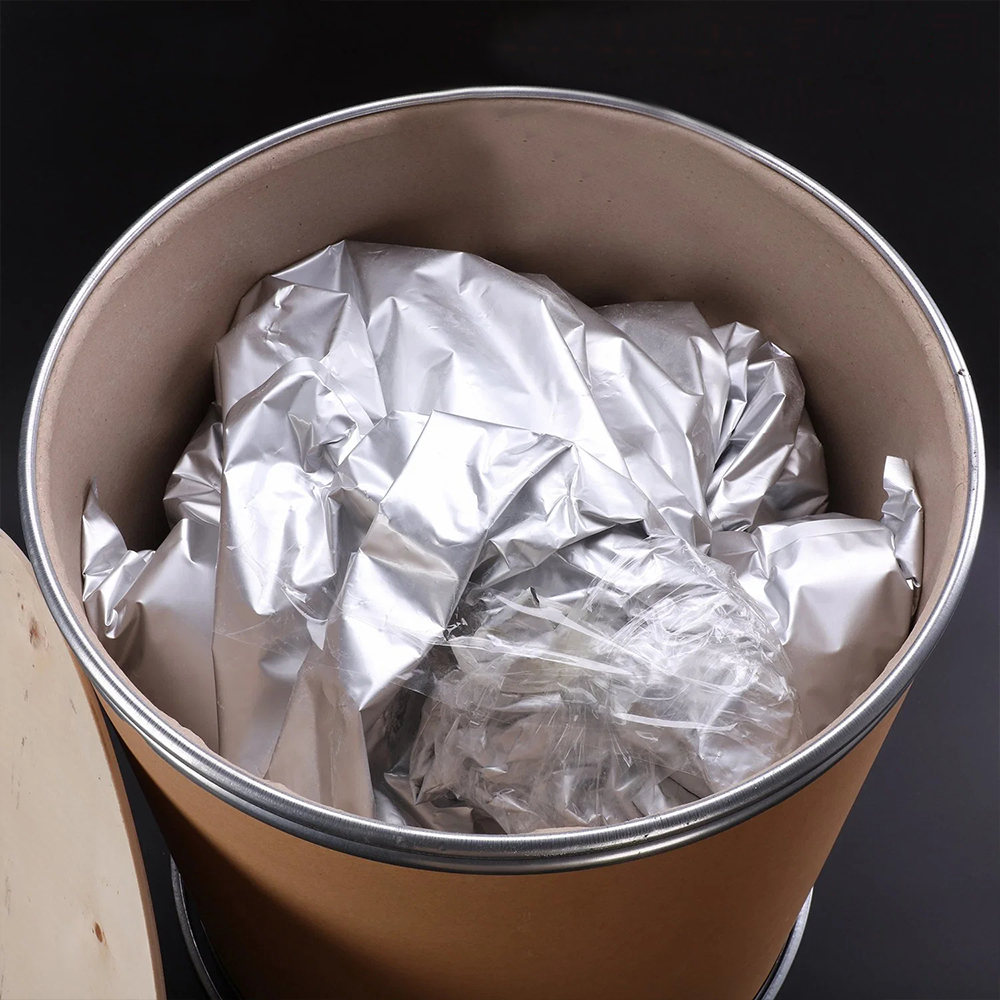



Chemical Agents Utilizing Chilled Water for Efficient Cooling Systems and Applications
The Role of Chemicals in Chilled Water Systems
Chilled water systems are integral to modern HVAC (heating, ventilation, and air conditioning) applications, particularly in large commercial and industrial environments. These systems work by circulating chilled water to absorb heat from the air, effectively cooling indoor spaces. However, to ensure optimal efficiency, longevity, and safety in these systems, specific chemicals are often utilized. This article discusses the primary chemicals used in chilled water systems and their functions.
1. Antifreeze Agents
One of the key chemicals employed in chilled water systems is antifreeze. Ethylene glycol and propylene glycol are the most commonly used antifreeze agents. These chemicals lower the freezing point of water, preventing it from freezing within the chilled water lines, particularly in colder climates. Ethylene glycol is more effective in terms of heat transfer efficiency, but propylene glycol is favored in applications where toxicity might be a concern, such as in food processing or near potable water supplies. The choice between ethylene and propylene glycol depends largely on the specific application and the associated risks.
2. Corrosion Inhibitors
Corrosion is a significant concern in chilled water systems, as it can lead to substantial system failures and costly repairs. To combat this issue, various corrosion inhibitors are added to the water. Common corrosion inhibitors include phosphates, silicates, and nitrites. These chemicals form a protective film on the surfaces of pipes and components, reducing the rate of metal degradation. Selecting the appropriate corrosion inhibitor is crucial and often dictated by the materials used in the system—copper, steel, or aluminum—because different metals require specific formulations to offer optimal protection.
3. Biocides
what chemical used in chilled water

Another important category of chemicals is biocides, which are used to control microbial growth in chilled water systems. Mold, algae, and bacteria can develop in stagnant water, leading to biofilm formation that can impair system efficiency and pose health risks. Common biocides include chlorine, bromine, and non-oxidizing agents like isothiazolinones. Regular monitoring and treatment are necessary to maintain water quality and system performance, as biofilm can not only diminish the system's efficiency but also lead to more serious health concerns in occupied buildings.
4. pH Adjusters
Maintaining the correct pH level in chilled water systems is vital for the efficacy of corrosion inhibitors and biocides. Often, pH levels need to be adjusted to keep them within the desired range, usually between 7.0 and 8.5, depending on the specific requirements of the system. Common pH adjusters include sodium hydroxide or sulfuric acid, which can neutralize acidic or alkaline conditions, respectively. A stable pH level enhances the effectiveness of other chemicals in the system, ensuring a balanced environment that minimizes corrosion and microbial growth.
5. Scale Inhibitors
Lastly, scale inhibitors play a crucial role in preventing the deposition of scale and mineral buildup within the chilled water system. As water circulates, it can pick up minerals that, if not managed, form deposits that obstruct pipes and heat exchangers. Phosphonates and polyacrylic acids are frequently used scale inhibitors. By interrupting the crystallization process of minerals, these chemicals help to maintain a clean and efficient system.
Conclusion
The effective operation of chilled water systems relies on a combination of several chemicals, which serve pivotal roles in preventing freezing, corrosion, microbial growth, pH imbalance, and scaling. Understanding the functions of these chemicals and their proper application ensures that chilled water systems operate efficiently, safely, and sustainably. Regular maintenance, monitoring, and chemical treatment are imperative to safeguard these systems from the challenges they face, ultimately contributing to a comfortable and healthy indoor environment. As technology evolves and new chemicals are developed, the future of chilled water systems looks promising, with enhanced efficiency and environmental safety.
-
Why Sodium Persulfate Is Everywhere NowNewsJul.07,2025
-
Why Polyacrylamide Is in High DemandNewsJul.07,2025
-
Understanding Paint Chemicals and Their ApplicationsNewsJul.07,2025
-
Smart Use Of Mining ChemicalsNewsJul.07,2025
-
Practical Uses of Potassium MonopersulfateNewsJul.07,2025
-
Agrochemicals In Real FarmingNewsJul.07,2025
-
Sodium Chlorite Hot UsesNewsJul.01,2025










